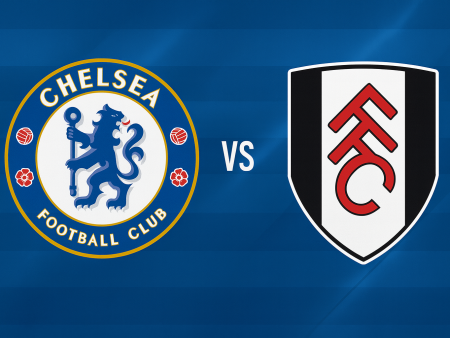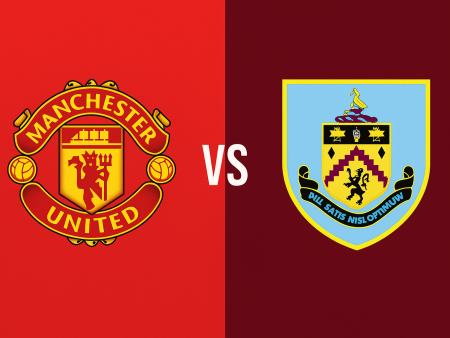The End of an Era: Barcelona Faces Life After Lionel Messi
The day long dreaded by FC Barcelona supporters has arrived-Lionel Messi, the club’s most iconic figure, has officially departed. Despite a mutual desire to continue and an agreement in principle, Messi left as a free agent when efforts to renew his contract fell apart due to insurmountable financial regulations. As the club enters a new chapter, questions abound about Barcelona’s direction and how they will adjust to the absence of one of football’s all-time greats.
Financial Hurdles Behind Messi’s Exit
Barcelona’s inability to re-sign Messi is rooted in severe economic and regulatory constraints. According to their official announcement on August 5th, the primary barrier was the financial structure enforced by La Liga, which dictates strict limits on club spending for player wages and signings. This system, designed to curb unsustainable club debts across the league, prevented Barcelona, whose outstanding debt exceeds one billion euros, from completing Messi’s registration.
Efforts by the club to cut costs, including attempts to offload other high-income players, proved insufficient. Even with steps taken to stabilize their finances in recent months, the squad’s general wage bill far surpassed the permitted spending threshold. Consequently, Barcelona’s president and officials were left with no alternative but to accept Messi’s departure, sparking profound uncertainty for the club’s near-term ambitions.
La Liga Salary Regulations and the Impact on Club Strategy
La Liga’s salary cap-established to protect Spanish football financial health-sets an annual ceiling on player wages and transfers, proportionate to each club’s revenue and financial status. For Barcelona, still dealing with the fallout from years of aggressive spending, this meant their total player salaries remained above the allowable limit, even after negotiations and salary reductions. The league’s president, Javier Tebas, stood firm on the rules, refusing any exceptions or further accommodations, especially given Barcelona’s prominent position and the broader broadcast revenue implications with Messi’s exit.
These restrictions ultimately forced the club to reconsider its entire recruitment and squad management strategy, signaling the need for a more sustainable long-term approach.
Coping with the Loss: New Challenges on and off the Pitch
Replacing Lionel Messi’s influence is an almost impossible task. Beyond his technical brilliance and record-setting achievements, Messi was the centerpiece around which Barcelona’s attacking play and tactical structure were built for over a decade. Whenever he sat out in recent seasons, the team often struggled to maintain their rhythm and results.
With Messi gone, Barcelona faces the challenge of rebuilding team identity and recalibrating expectations. The upcoming season looks unpredictable-sports analysts and oddsmakers have already revised Barcelona’s prospects down for the La Liga title and Champions League contention. The collapse of the club’s primary attacking strategy will test both the resilience of the coaching staff and the mental strength of the squad.
Attacking Options in the Post-Messi Era
Despite the seismic nature of Messi’s exit, Barcelona retains a range of potent attackers, each primed to take on new responsibilities:
- **Sergio Agüero**: Perhaps the most disappointed by the situation, Agüero joined Barcelona expecting to reunite with his friend and fellow Argentine. Nonetheless, with his experience and goal-scoring pedigree from Manchester City, Agüero has the skills to lead the line and serve as a role model for younger teammates.
- **Ansu Fati**: Before suffering a knee injury last season, Ansu Fati had become one of the brightest young talents in Spain. Hailed as a future star, he now has a chance to assume a more central attacking role, although expectations are high and the pressure intense for the teenage winger.
- **Memphis Depay**: The Dutch forward made a strong impression at Lyon following a difficult stint at Manchester United. Arriving at Barcelona as a free agent, Depay brings creativity, versatility, and a hunger to establish himself in a top European club.
- **Ousmane Dembélé and Antoine Griezmann**: Dembélé will miss several months due to injury but remains a valuable-and sometimes enigmatic-attacker upon return. Griezmann, another French international, is expected to shoulder more of the creative and scoring burden, although questions persist about whether he can regain peak form.
Looking Forward: What Can Barcelona Achieve?
While Messi’s departure undeniably weakens Barcelona in the short term, the club still boasts talent and depth capable of competing domestically and in Europe. The biggest hurdles will be forging a new tactical identity, restoring financial stability, and managing the transition for both new arrivals and emerging young players.
The first months without Messi will demand patience and resilience. However, with smart squad management, focus on youth development, and adaptive tactics, Barcelona has the foundation to remain competitive-and perhaps, over time, uncover new icons to inspire the next generation of fans.
Conclusion
Lionel Messi’s exit marks the end of an extraordinary chapter for Barcelona. The financial and regulatory obstacles that prompted his departure represent both a cautionary tale for football’s new era and an opportunity for Barcelona to reinvent itself. While no one can truly replace Messi’s legacy, the path forward offers a chance for new heroes to emerge and for the club to rediscover its identity on more stable ground. How Barcelona navigates this transition will define its fortunes for years to come.













